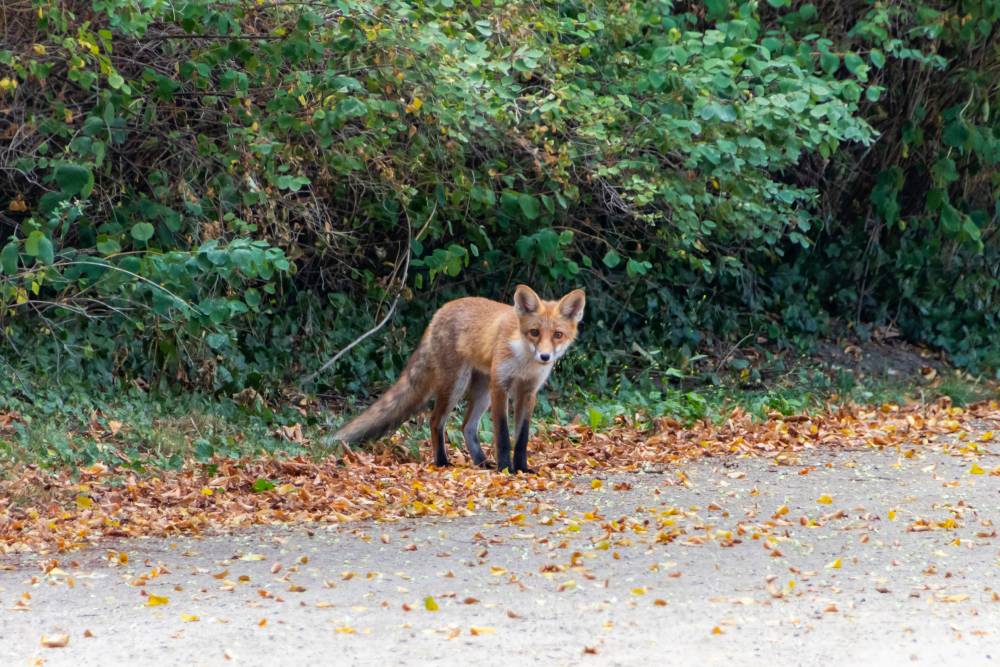
Urban Foxes Are More Daring But Not Necessarily Smarter Than Their Rural Cousins, Study Finds
We’ve all heard that foxes are clever. Is there a fox that is actually cleverer than others? A new study finds if there is, it’s not because of where it lives.
Researchers from the University of Hull in England recently examined behavior differences between urban and rural foxes when they were faced with food-related objects. This was in an effort to better understand how urbanization impacts animals. The findings, published in the journal Animal Behaviour, showed that while urban foxes were more daring than their rural counterparts, they didn’t appear to be more innovative in their quest for food.

Dr. Blake Morton, lead researcher and University of Hull psychologist and animal behaviorist, says, “For years, researchers have claimed that urbanisation is making wildlife bolder and smarter due to the challenges they face from ‘life in the city’. In our study, we tested this hypothesis in wild red foxes by giving them unfamiliar puzzle feeders to see how they would react.
“We found that urban foxes were more likely to behave bolder than rural populations in terms of their willingness to physically touch the puzzles, but they were not more motivated to try to gain access to the rewards inside.”

The researchers tested the interaction of foxes with food puzzles over two years in more than 100 locations throughout England and Scotland. The puzzles could be solved with normal behaviors for the animals, including biting, pulling, or lifting with their paws and mouth. At 96 locations, the puzzles were acknowledged, but only 31 were touched by the foxes and the animals only got to the food in 12 of them.
The team found that urban foxes were more apt to touch the puzzles but not any more likely to collect the spoils, which indicates that they’re not any more ingenious than their country cousins. All foxes, regardless of location, did take advantage of food left outside the puzzles.

Dr. Morton says, “Collectively, this suggests that when human food sources are easily accessible, such as no lids or physical barriers, foxes may be more likely to exploit such opportunities, leading to possible conflict with people.
“As global urbanisation continues, it is important that people understand how to avoid conflict with urban wildlife.”
One way you can avoid such conflict is to remove attractants like pet food and garbage from your yard.